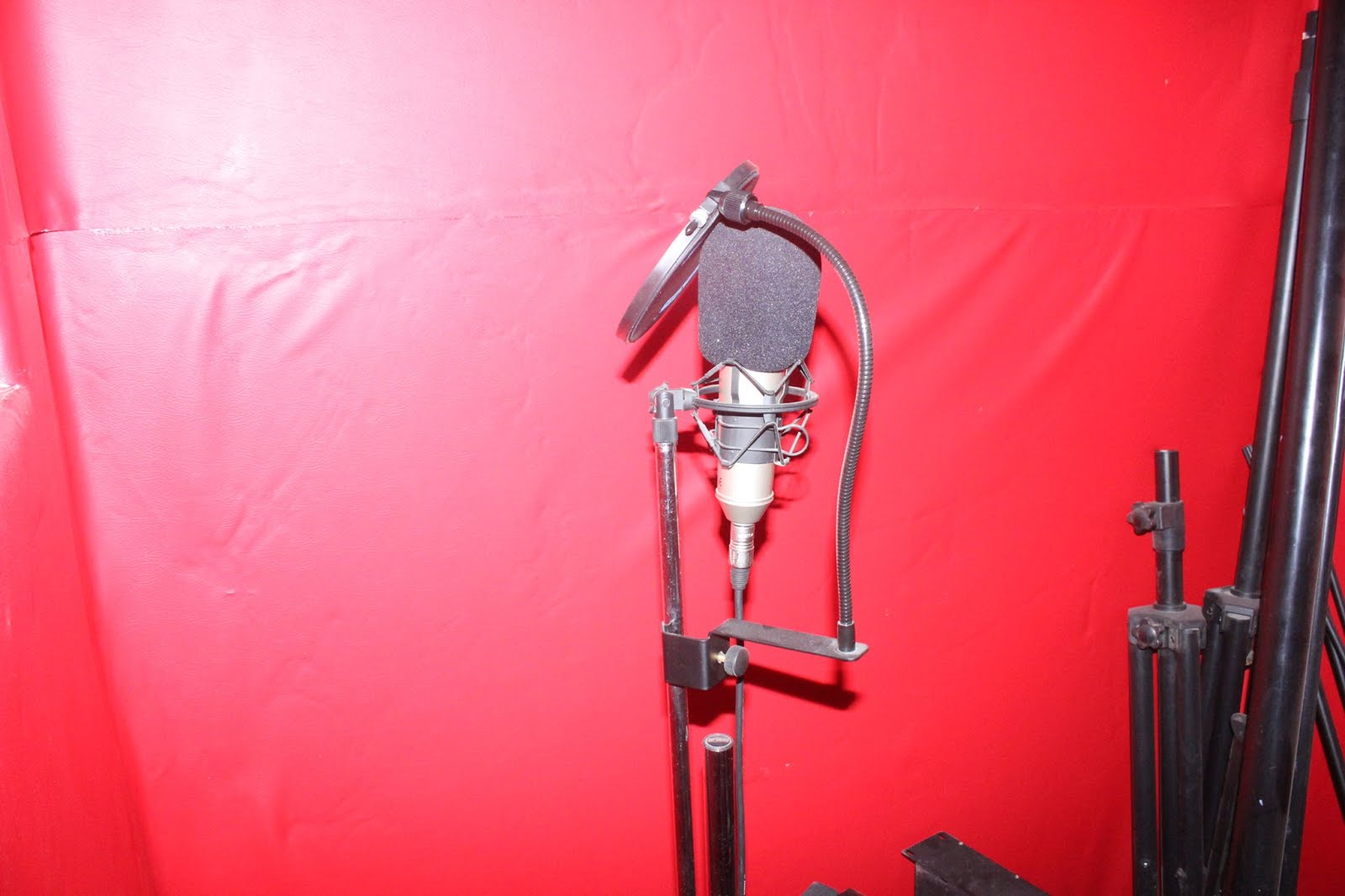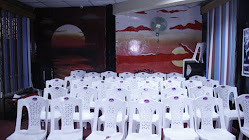Africa’s booming mobile internet market a draw for big names
Monday May 15, 2017
By Gavin du Menage
Only about 27 per cent of Africans regularly use the internet but this is growing fast, according to US-based Alphabet, the holding company for brands such as Google and YouTube.
Mobile internet penetration accounts for about a quarter of all internet activity, but will continue to grow to 41 per cent in 2020 with 720 million people, says the global mobile communications body GSMA. Many of these new users will be connecting to the Web via smartphones.
Almost half of all Africans now subscribe to a mobile service with Egypt, Nigeria and South Africa making up the bulk of the users, GSMA says.
So big has mobile become that it now contributes about 7 per cent of the continent’s GDP, and will exceed US$200 billion by the end of this decade.
A study by the mobile
technology firm Ericsson is even more optimistic – it says more than 1 billion
Africans will be connected within five years, mostly using smart devices.
Personal computers will play an almost negligible role in Web access, it says.
Social media is one of the biggest drivers of internet use. Platforms such as Facebook, Twitter and WhatsApp are commonly used. So much so, in fact, that some governments restrict their use for fear they will be used for political activism. Last year, the BBC reported that Ethiopia blocked social media services during a state of emergency to contain protests.
Political activists of all stripes have taken to social media with alacrity. In South Africa critics of the president Jacob Zuma have used these platforms to organise protests and attack his supporters. Mr Zuma’s backers, meanwhile, have carried out their own campaign in his defence.
Internet companies have had to adapt to the often poor bandwidth in many African countries. The South African provider Telkom has still to live down a 2009 test during which a carrier pigeon with a flashdrive with four gigabytes of data delivered the information to a destination 60 kilometres away, faster than the same amount of data could be downloaded.
In 2015 Facebook unboxed Facebook Lite, an app for parts of the world where internet speeds are slow. The Lite is less than one megabyte compared with standard apps in excess of 100 megabytes.
Still, getting unconnected Africans online has some way to go. One of the issues yet to be overcome is that 15 countries out of 54 are landlocked. Coastal countries are increasingly being connected via undersea cables, but for those surrounded by neighbours this option does not exist.
The World Bank says landlocked countries pay an average $232 more per internet user a month for fixed broadband access than those living in coastal areas. The disparity is so great that Somalia has better connectivity than Zambia and Lesotho, in spite of being a failed state.
While the citizens of Ghana on the west coast pay as little as $7 a month for internet, those of Chad in the north and which is surrounded by its neighbours, must pay $3,000, the World Bank says. One attempt to overcome this was made by Facebook when it decided to place a satellite in orbit to provide connectivity. Unfortunately, the SpaceX rocket that was supposed to deliver it blew up shortly after launch late last year. It is unclear when a replacement will be available.
In the meantime, Facebook and Google are also working on other methods, including drones and balloons. Given the potential size of the market for advertising these efforts are likely to gather momentum in the coming years.
Social media is one of the biggest drivers of internet use. Platforms such as Facebook, Twitter and WhatsApp are commonly used. So much so, in fact, that some governments restrict their use for fear they will be used for political activism. Last year, the BBC reported that Ethiopia blocked social media services during a state of emergency to contain protests.
Political activists of all stripes have taken to social media with alacrity. In South Africa critics of the president Jacob Zuma have used these platforms to organise protests and attack his supporters. Mr Zuma’s backers, meanwhile, have carried out their own campaign in his defence.
Internet companies have had to adapt to the often poor bandwidth in many African countries. The South African provider Telkom has still to live down a 2009 test during which a carrier pigeon with a flashdrive with four gigabytes of data delivered the information to a destination 60 kilometres away, faster than the same amount of data could be downloaded.
In 2015 Facebook unboxed Facebook Lite, an app for parts of the world where internet speeds are slow. The Lite is less than one megabyte compared with standard apps in excess of 100 megabytes.
Still, getting unconnected Africans online has some way to go. One of the issues yet to be overcome is that 15 countries out of 54 are landlocked. Coastal countries are increasingly being connected via undersea cables, but for those surrounded by neighbours this option does not exist.
The World Bank says landlocked countries pay an average $232 more per internet user a month for fixed broadband access than those living in coastal areas. The disparity is so great that Somalia has better connectivity than Zambia and Lesotho, in spite of being a failed state.
While the citizens of Ghana on the west coast pay as little as $7 a month for internet, those of Chad in the north and which is surrounded by its neighbours, must pay $3,000, the World Bank says. One attempt to overcome this was made by Facebook when it decided to place a satellite in orbit to provide connectivity. Unfortunately, the SpaceX rocket that was supposed to deliver it blew up shortly after launch late last year. It is unclear when a replacement will be available.
In the meantime, Facebook and Google are also working on other methods, including drones and balloons. Given the potential size of the market for advertising these efforts are likely to gather momentum in the coming years.
Subscribe to:
Post Comments
(
Atom
)


















No comments :
Post a Comment